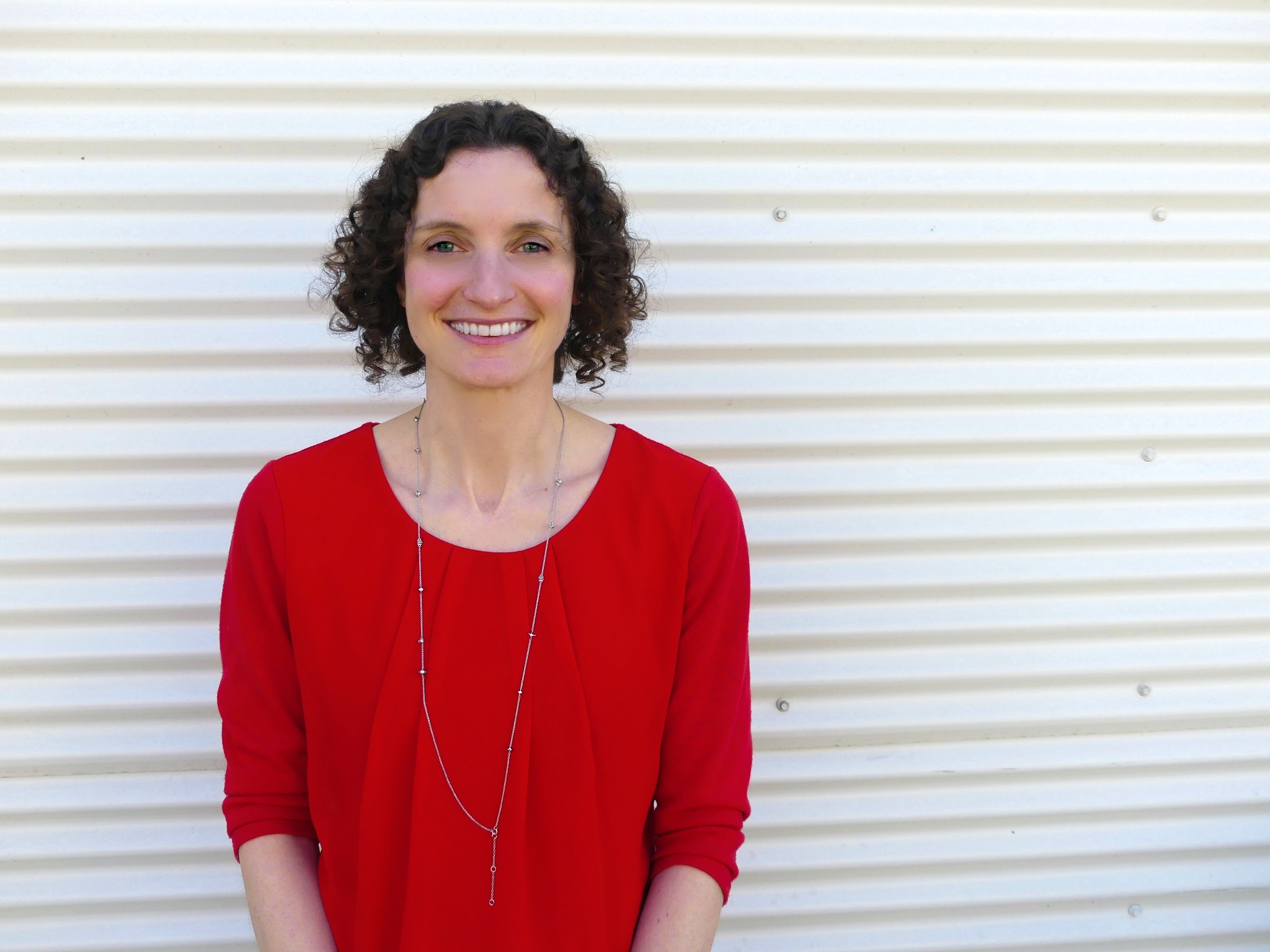Associate Professor Valerie Carson is named to Royal Society of Canada
08 September 2020

Behavioural epidemiologist expert Valerie Carson has been inducted into the Royal Society of Canada, joining the country’s oldest and most prestigious scholarly institute.
Carson’s research findings and leadership have directly contributed to national and international public health guidelines, including the Canadian 24 Hour Movement Guidelines, that have spearheaded a new integrated and holistic approach to health promotion.
The overarching goal of Carson’s research program is to understand how to effectively promote healthy habits of regular physical activity and minimal sedentary behaviour—including screen time—among young children.
“Achieving this goal will help set children on a trajectory of optimal physical, social, emotional and mental health throughout life,” said Carson, a professor in the Faculty of Kinesiology, Sport, and Recreation.
Furthermore, her findings and committee work have directly contributed to tangible physical activity and sedentary behaviour resources used by parents, child care directors, pediatricians and public health practitioners.
Until recently, physical activity and sedentary behaviour in the early years have been largely neglected due to the assumption that young children are naturally active. My research has highlighted that physical activity and sedentary behaviour in the early years is a critical public health issue that requires early intervention because less than 15% of Canadian early years children meet the Canadian 24-Hour Movement Guidelines.
“We live in a society where the average Canadian child is more connected to a screen than to the outdoors and nature,” said Carson, who is also a member of the Women and Children’s Health Research Institute.
“Early intervention is cost-effective—investments in young children yield larger economic returns than older children and adults.”
Carson’s research addresses a critical public health issue. Today we live in a society where the average Canadian child is more connected to a screen than to the outdoors and nature. Carson’s research has shown that these behavioural habits form at an early age and continue over time.
Meaning, an inactive preschooler is more likely to be an inactive adolescent, with health risk compounding over time. Early intervention is cost-effective. Investments in young children yield larger economic returns than older children and adults.
“I am honoured to be invited to join the College of New Scholars, Artists and Scientists of the Royal Society of Canada. This recognition not only reflects my dedication and passion for my research but also the thoughtful mentorship I have received from previous supervisors and current colleagues, the commitment of past and present students and staff who have contributed to the research in my laboratory, and the shared vision of my researcher and community collaborators.” said Carson.